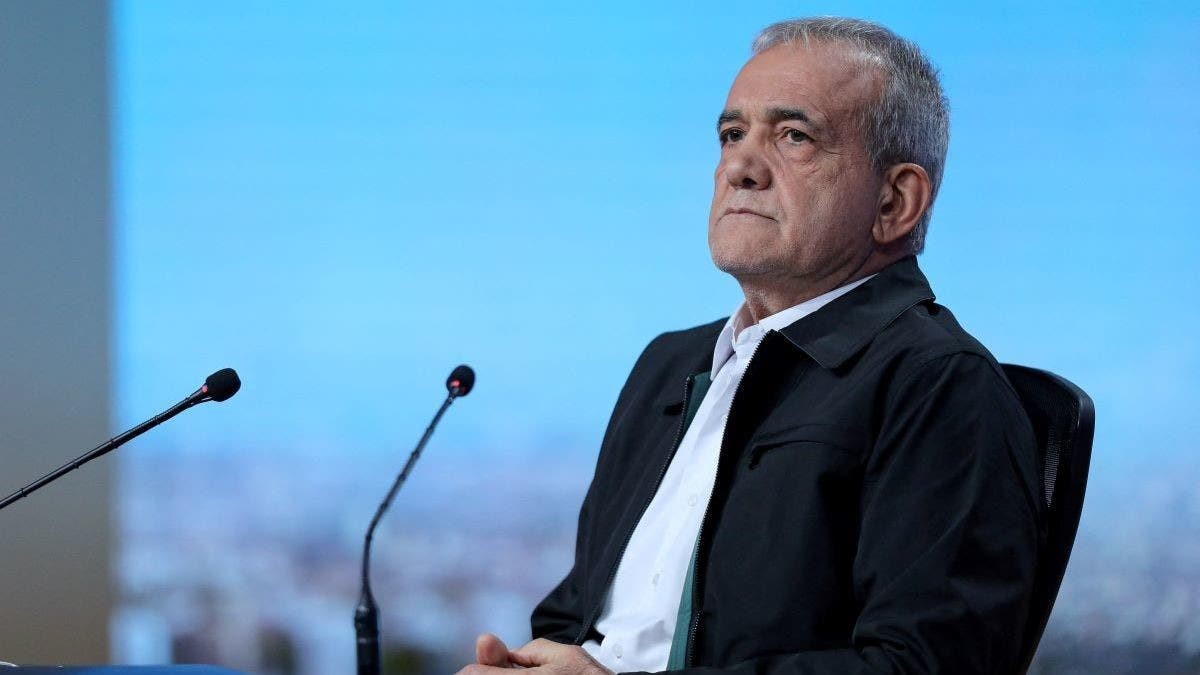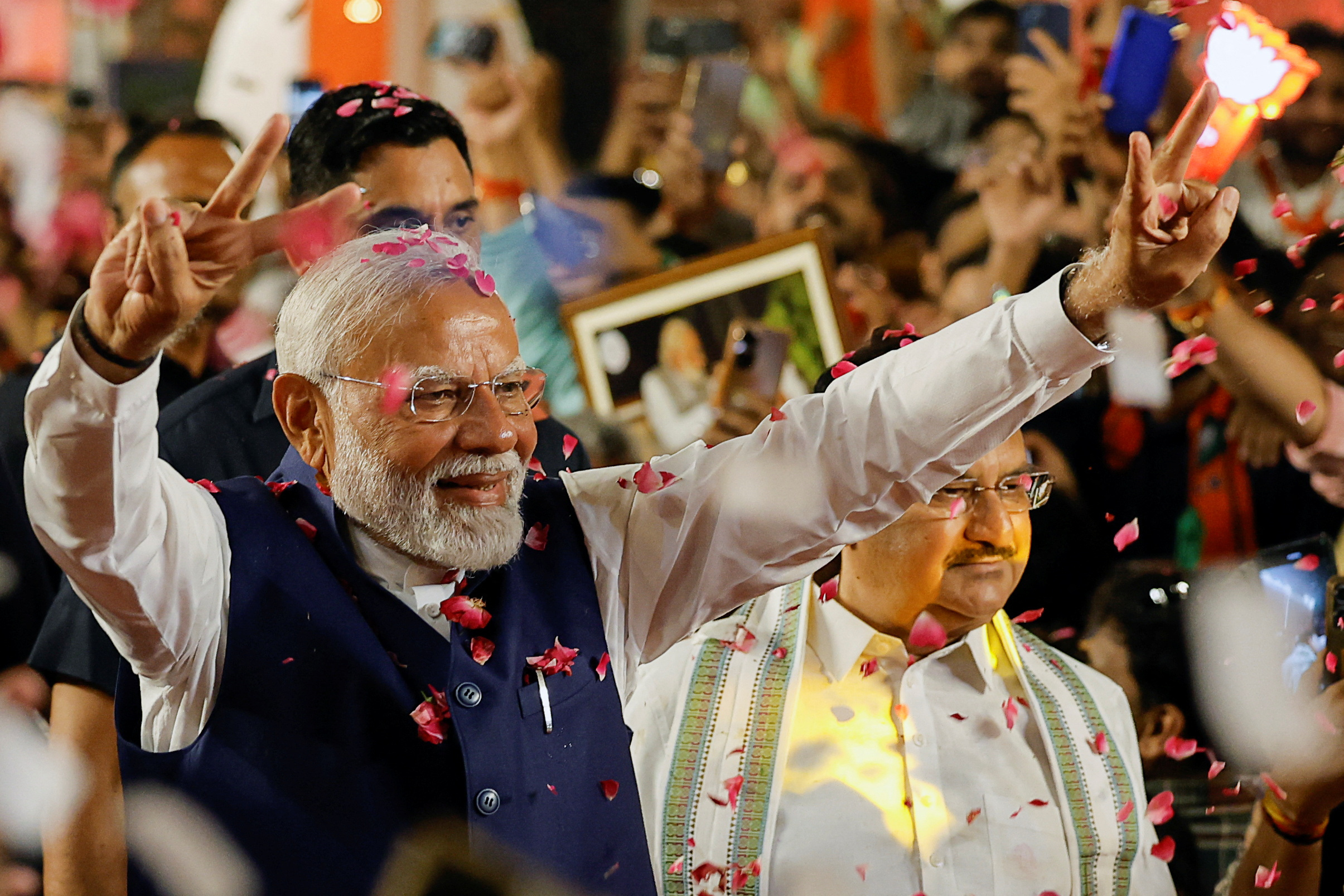Paraguay is a landlocked country located in South America, bordered by Argentina, Bolivia, and Brazil. Here is some information about the political system in Paraguay:
- Presidential Republic: Paraguay operates as a presidential republic, where the President of Paraguay serves as both the head of state and the head of government. The President is elected by popular vote for a five-year term and can serve only one term consecutively.
- Executive Branch: The President of Paraguay is responsible for the administration of the government and the implementation of policies. The President appoints the members of the cabinet, known as Ministers, who assist in the governance and decision-making process.
- Legislative Branch: The National Congress of Paraguay is the country’s legislative body. It is a bicameral institution composed of two chambers:
- Chamber of Deputies: The Chamber of Deputies consists of 80 members elected through a proportional representation system for five-year terms.
- Senate: The Senate comprises 45 members, with each department (administrative division) electing two senators, and the capital city, Asunción, electing 15 senators. Senators serve five-year terms.
- Political Parties: Paraguay has a multi-party system, with several political parties participating in elections. Some of the major political parties in Paraguay include the Colorado Party (Partido Colorado), the Liberal Party (Partido Liberal), and the Guasú Front (Frente Guasú), among others.
- Judiciary: The judicial system in Paraguay is independent of the executive and legislative branches. The Supreme Court of Justice is the highest judicial authority in the country. It is responsible for interpreting the laws, ensuring the constitutionality of legislation, and overseeing the administration of justice.
- Local Governments: Paraguay has a decentralized system of governance, with local governments responsible for certain administrative and governance functions at the municipal level.



